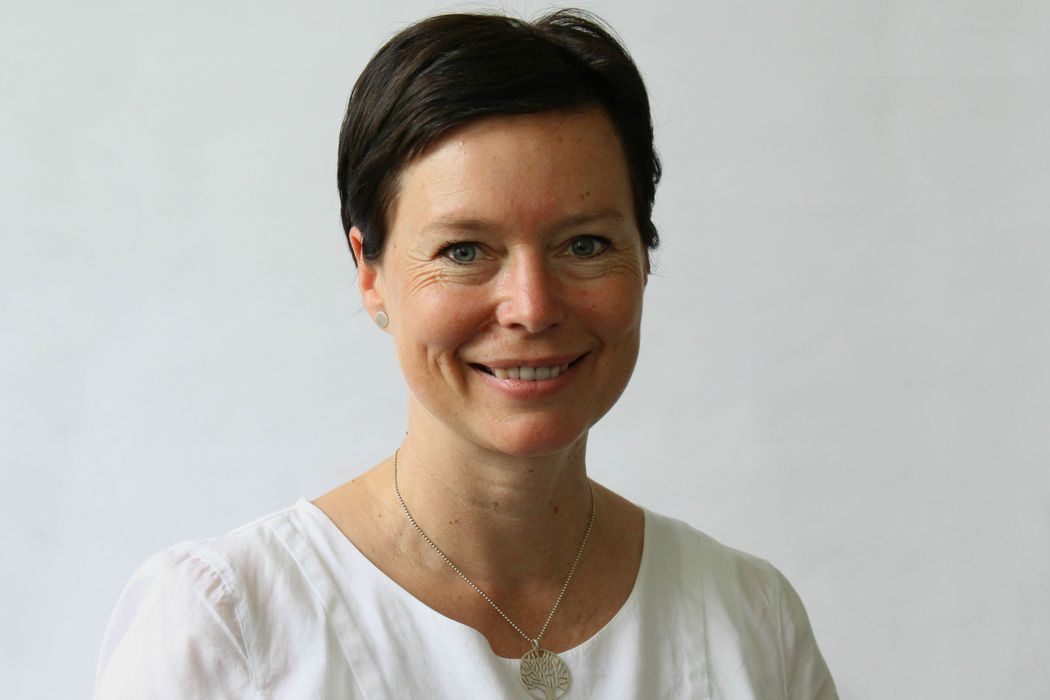Juba/Cologne: On the fourth anniversary of the independence of the South Sudan, Malteser International is giving an urgent warning of renewed famine in the country. The aid organization is calling on all those who carry responsibility to work consistently for a resolution of the violent conflict in the county. Because of the civil war in the country, fields cannot be planted and crops cannot be gathered. Since 9th July 2011 – the date of its independence, South Sudan has been not only the youngest country in the world, but also one of the most unstable. Independence was supposed to bring peace to the country, but since December 2013, the population has suffered under a renewed, and bloody, civil war.
“The root causes of the great need of the South Sudanese population lie essentially in many years of violent conflict, grounded on ethnic rivalries,” explains Sid Johann Peruvemba – Program Director of Malteser International. “As long as truces are not respected and observed, and conflict parties are not disarmed and brought to the negotiation table, local people are going to have to keep on living through enormous suffering.” On top of this comes the fact that violence and conflict in the country often poses a threat to humanitarian relief: making it difficult for aid workers to gain access to affected populations. “In order to break the constant cycle of hunger, violence and need, we urgently need peace initiatives at all levels, as well as the extra funding to build up the necessary aid measures,” said Peruvemba.
Something like every second family in South Sudan already does not know where its next meal is coming from. Because of the unceasing fighting, many families cannot till their fields, or grow their crops. Consequently, the price of grain and other staple foods has risen rapidly. This presents a serious problem especially for families that have taken on displaced people from other parts of the country. The confrontations and violence have placed the lives of around 11 million people in massive danger. According to estimates from the United Nations, by July, 4.6 million people – or around 40% of the population – are in acute danger of hunger. One million of them are in serious danger of losing their lives. More than 2 million South Sudanese people have been forced to leave their homes and villages since December 2013 in the face of violence and hunger, and flee to other regions or neighboring countries.
Malteser International has been working for an improved level of medical care for the population of South Sudan since 1996. This effort has also encompassed efforts in the key preventative areas of food security and water supply, upon which good health is heavily dependent:
In five villages near to the city of Wau in the north west of the South Sudanese federal state of Western Bahr al Ghazal, Malteser International is helping 850 especially needy families – in total more than 5,000 people – to make long term-improvements to the quality and security of their Food. Malteser International is returning abandoned acreage, irrigation systems and access roads to use; distributing seeds, plant cuttings and tools to the population, as well as setting up warehouses. The families are taught improved farming methods in training sessions – allowing them not only to increase the yield, but also the diversity of their crop: providing themselves with a healthier diet for the long-term.
- Since last year, Malteser International has provided food and household materials to more than 9,500 internally displaced people who had fled from the violence in South Sudan to the then relatively peaceful Maridi. As well as these aid materials, they were also provided with seeds and agricultural tools - so that they could grow vegetables themselves. Recently, however, in Maridi - as well as in other regions which had been thought to be relatively secure - reports of violent confrontations between the agricultural population and nomadic herdsmen in the region have been reported.
- In neighboring Uganda, where many South Sudanese people have also found refuge, Malteser International provides around 12,000 displaced people at a refugee camp with drinking water, using solar-powered motorized water pumps, high-level tanks and new distribution stati
For editors:
Sid Johann Peruvemba, Program Director of Malteser International, is available for interviews.
Contact: Tel.: +49 (0)221 9822 155, or email: petra.ipp(at)malteser-international.org









